 Don't Let Your Book End Up Here
Don't Let Your Book End Up Here So instead of sitting there pouting about it, sending off spammy links and buy now requests, and generally doing everything that won’t work, why not try something that does?
But to do that first you have to figure out what you’re doing wrong. After all, you’re not selling, so you’re not doing anything right.
I’m willing to bet you don’t even know why you’re not selling, and if that’s the case, you’ve got to identify the problem before you can ever hope to find a solution.
So what are some of the top reasons good eBooks don’t sell?
It’s a great question, and I started to think about it while attending a political candidate training session today.
See, I’m running for HD 98 here in Missoula, Montana, and today I went to a workshop on how to get elected, what works, and what doesn’t.
Many of the same points they discussed to help you get elected are some of the exact same points you need to follow to sell eBooks.
But to do that first you need to get over these 6 common eBook selling mistakes.
#1 – Mismanaged Expectations
 Are You Expecting to Make This Much?
Are You Expecting to Make This Much? You’ve got to have expectations in line with how much effort you put into your endeavors. Sitting at a computer each day to churn out a 60,000 word novel is great, but that kind of effort alone won’t sell a book.
I know this because I have several books that size not selling. Take it from me – writing the next book alone is not enough. If this is your strategy expect slow sales that may well diminish over time.
#2 – Right Message, Poorly Executed
 Don't Let Your eBook Flop
Don't Let Your eBook Flop Even hours spent crafting the perfect blurb is a waste of time if no one sees that blurb. And just like so many authors say, spending time on Facebook often isn’t commensurate with the level of returns you’ll see for your time.
No, the medium is the message as Marshall McLuhan would say, and you have to use many and use them correctly to get your word out.
#3 – No Unique Selling Proposition
 Anybody Can Peddle Wares
Anybody Can Peddle Wares Why should I buy your book? When I type in your genre I get back hundreds of books. And you know what? Most have higher ratings and more reviews that you.
So what are you going to do about it?
You have to find a way to give people what they want, what they’re not getting from those other books. So does that mean write a new book? No, it means packaging your book in a new and different way so that it gives people what they want.
Everyone wants to make a website, that’s why I wrote a book on how to write websites. No one buys it.
But I know people want to write websites, so I have to give that book a unique selling point to make it different from others.
The current selling point I have is producing some sales, but not as many as I’d like. I need to experiment with that blurb language to find what works.
A great way to do this, especially with non-fiction books, is to just increase the size of your copy. We know from David Ogilvy, a marketing guru, that long copy sells better than short copy.
For some reason, many authors will tell you to have small and compact blurbs. Honestly, I’m surprised by how many books I see in the Top 20 of their genre that have long blurbs, often full of reviews.
This is a great way to increase your Amazon keywords while also listing excuse after excuse as to why your book is better than the other guy.
#4 – Dominant Selling Idea
 Do You Have a Bright Idea?
Do You Have a Bright Idea? People have a tendency to cut through all the clutter, and they often can’t remember more than a few key phrases or one great description. They call it the elevator speech because you have to say it in one elevator ride.
I argue you have much less time than that today.
When I attended that candidate training school today they talked about yard signs.
Yard signs don’t have much room for words, and the biggest words should really be your name. Any other words have to have your message, and you can only use about 3 if you want people to even be able to read it. After all, there’s no guarantee they’ll even glance at it.
The smaller you can get your message, your dominant selling idea, the easier it’ll be for people to remember it, gaining you valuable exposure points and possibly a sale.
#5 – Broken Marketing Bridges
 I Don't Want to Walk on This, Do You?
I Don't Want to Walk on This, Do You? You’ve got a website, but it’s not working. The email list is set up just fine, it’s just that you’ve got no subscribers. Perhaps your social media presence is alright, you’re just not getting updates to your email.
Broken marketing bridges can be anything you have in place that’s not working effectively. What’s so great about this problem is that you already have the infrastructure in place, you just have a few leaky pipes.
Don’t let these easy fixes stop you from selling more books – be aware of what that bridge is.
#6 – Accountability
 Who Should Be Locked Up - You or Others?
Who Should Be Locked Up - You or Others? She mentioned how she got bad results from Freebooksy, complained to them, and got her money back.
Wow, that’s accountability! Rarely will you find a site or service willing to be held accountable for their results in such a way. When I first heard this I thought it was kind of bad, but the more I thought about it the more I understood it and appreciated it.
But just as some sites should be held accountable when they fail you, so too should you hold yourself accountable.
Are you the main reason for your poor sales? Are your books not putting their best foot forward? Are you sabotaging your own efforts with social media, blogs, or forums?
All of these things can derail you, and having systems of accountability in place can help you succeed long-term.
I truly hope you find the answer. I think it’s different for everyone, and my efforts over my 13 months of self-publishing have produced small gains.
Perhaps they’d be called mediocre results, but a steady increase in sales each month isn’t too bad. My books sell, not all of them and not that well, but they sell.
I hope yours can do the same.













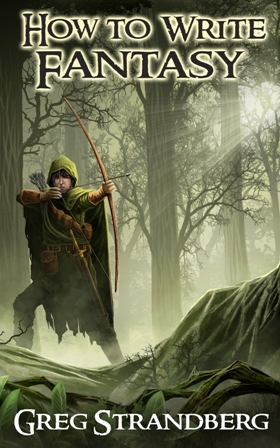


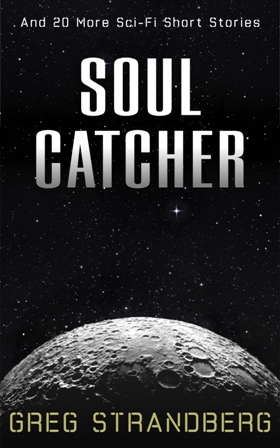
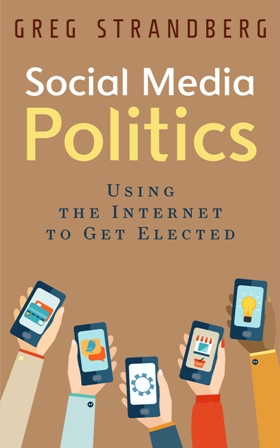
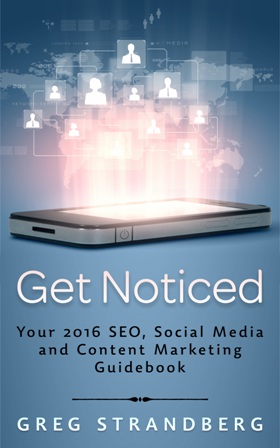
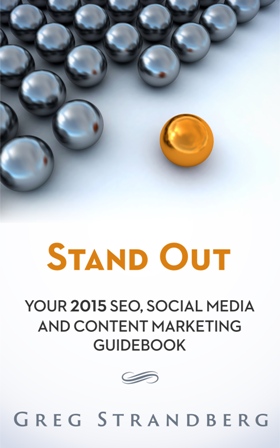
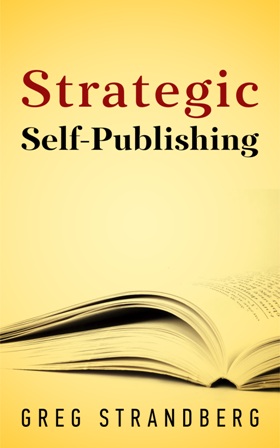

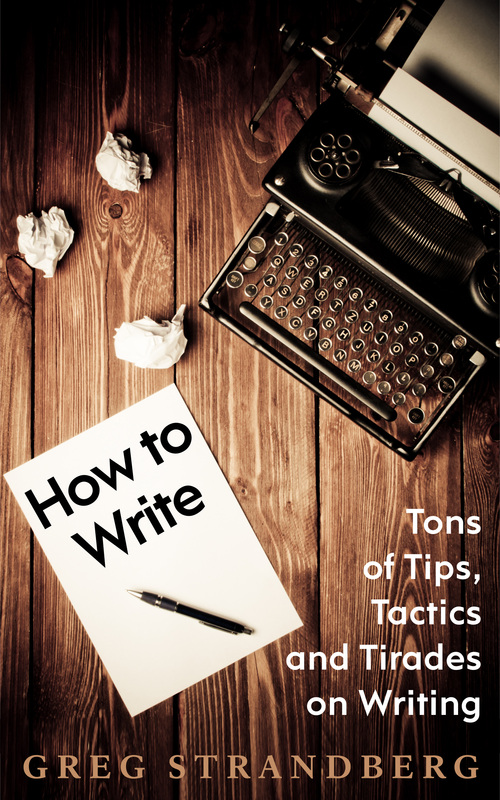


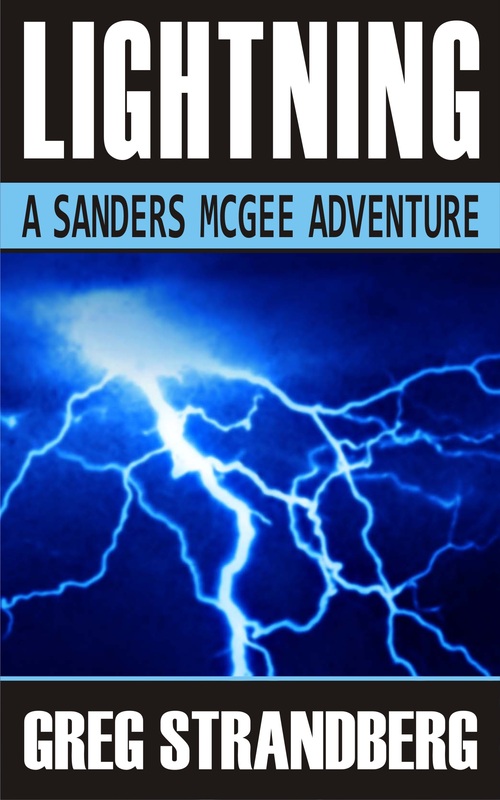

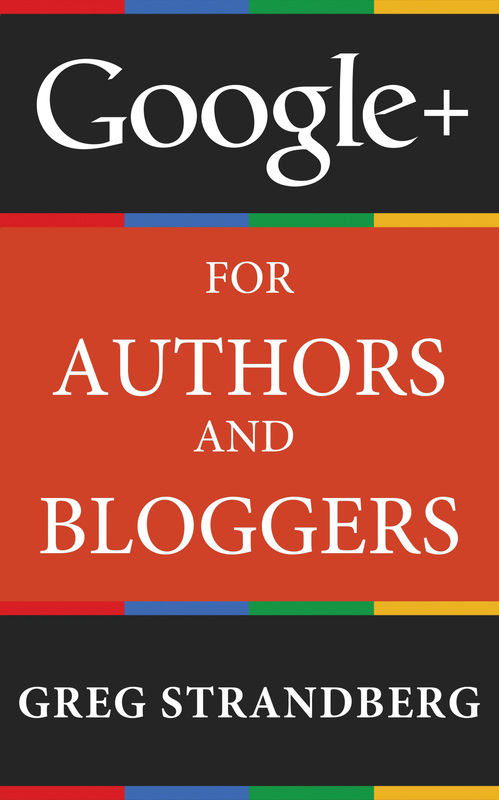







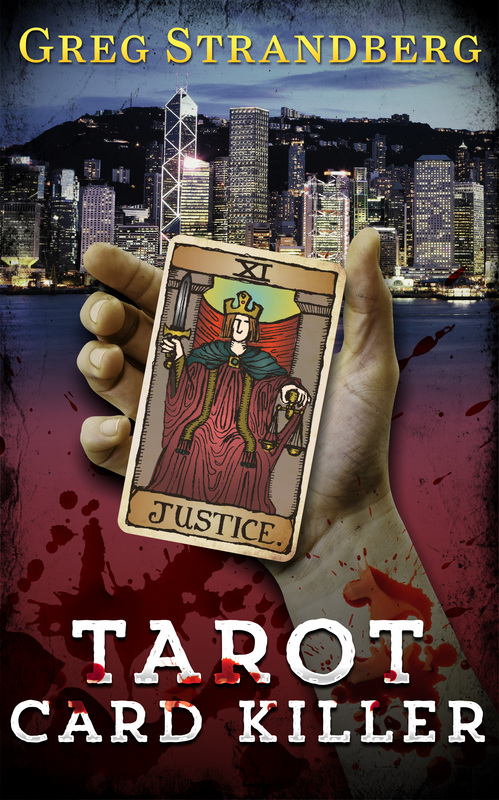



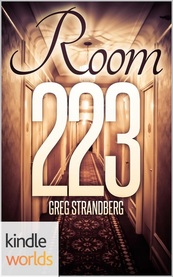



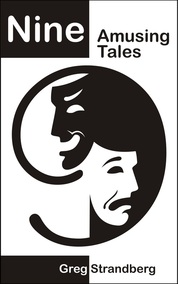

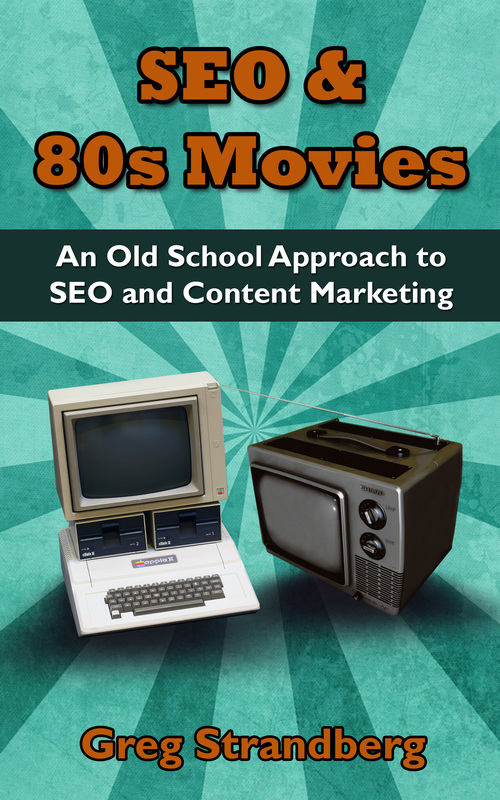



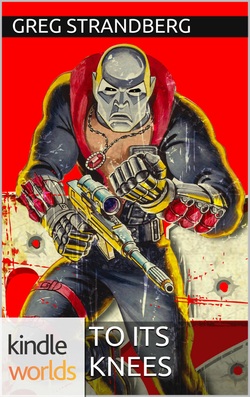








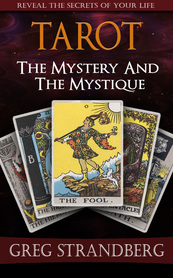
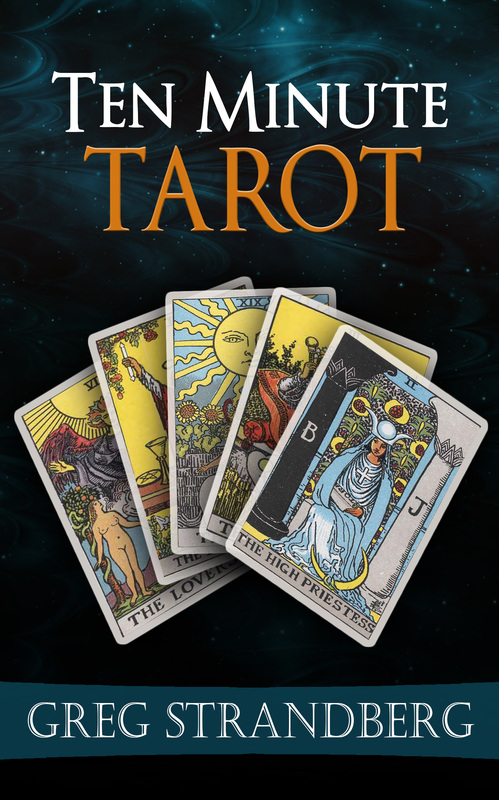
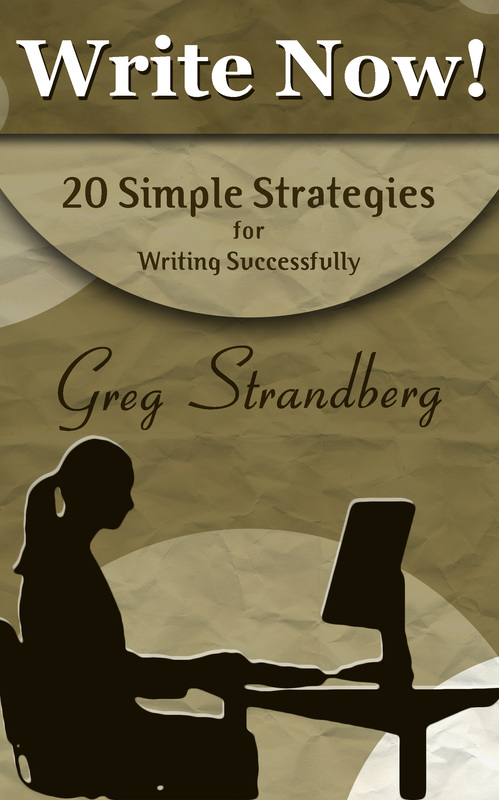
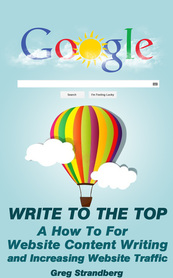


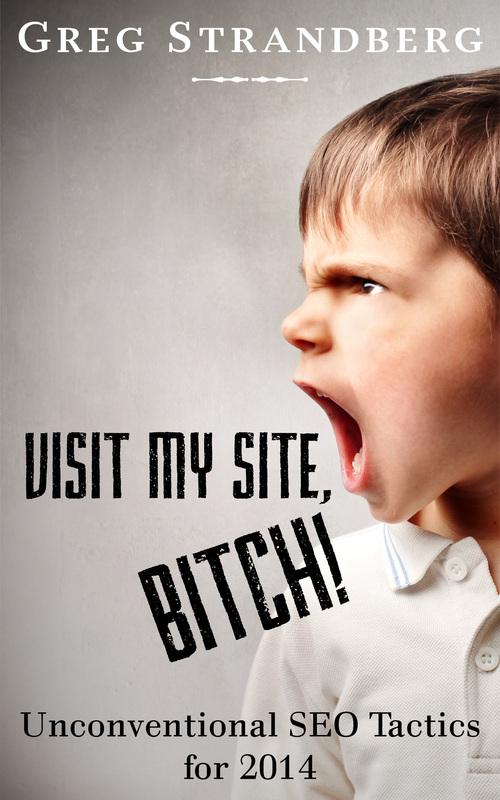
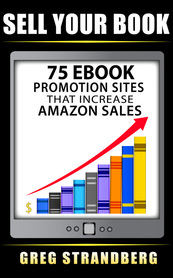
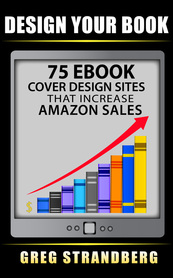
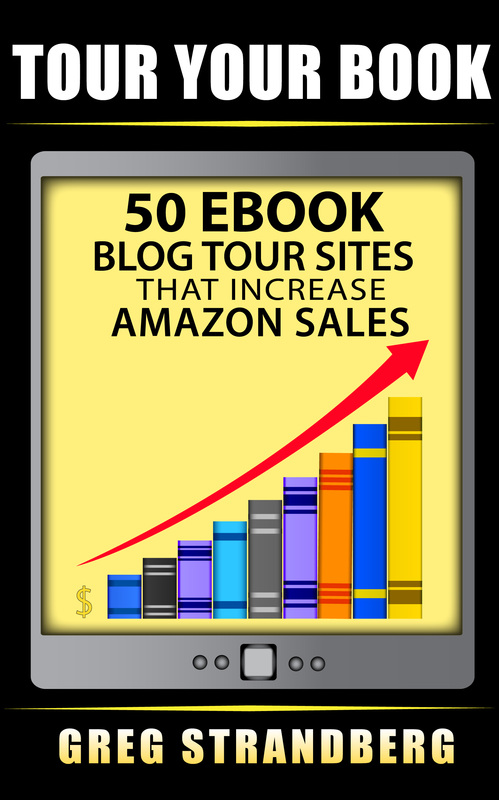
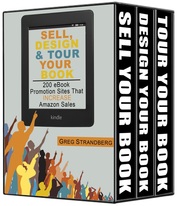





 RSS Feed
RSS Feed